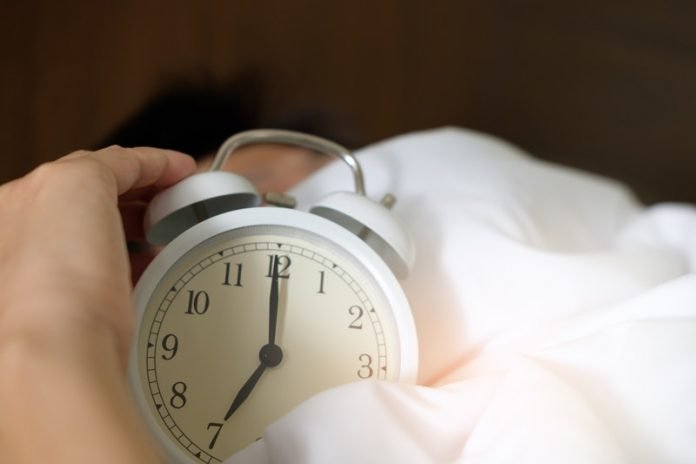
In a new study at MIT and the University of São Paulo, researchers found that if you can make up for lost sleep, even for just a few weekend hours, the extra zzz’s could help reduce fatigue-induced clumsiness, at least in how you walk.
There’s plenty of evidence to show sleep, and how much we get of it, can affect how well we do on cognitive tasks such as solving a math problem, holding a conversation, or even reading this article.
Less explored is the question of whether sleep influences the way we walk or carry out other activities that are assumed to be less mentally taxing.
In the study, the team found walking—and specifically, how well we can control our stride, or gait—can indeed be affected by lack of sleep.
In experiments with student volunteers, the team found that overall, the less sleep students got, the less control they had when walking during a treadmill test.
For students who pulled an all-nighter before the test, this gait control plummeted even further.
Interestingly, for those who didn’t stay up all night before the test, but who generally had less-than-ideal sleep during the week, those who slept in on weekends performed better than those who didn’t.
They also found that compensating for sleep could be an important strategy.
For instance, for those who are chronically sleep-deprived, like shift workers, clinicians, and some military personnel, if they build in regular sleep compensation, they might have better control over their gait.
If you care about sleep, please read studies about this common sleep habit may increase your heart disease risk and findings of this common tea may help you lose weight while sleeping.
For more information about sleep and your health, please see recent studies about sleep warning for older men and results showing that this noise could boost your memory function and improve deep sleep.
The study is published in Scientific Reports. One author of the study is Hermano Krebs.
Copyright © 2021 Knowridge Science Report. All rights reserved.



